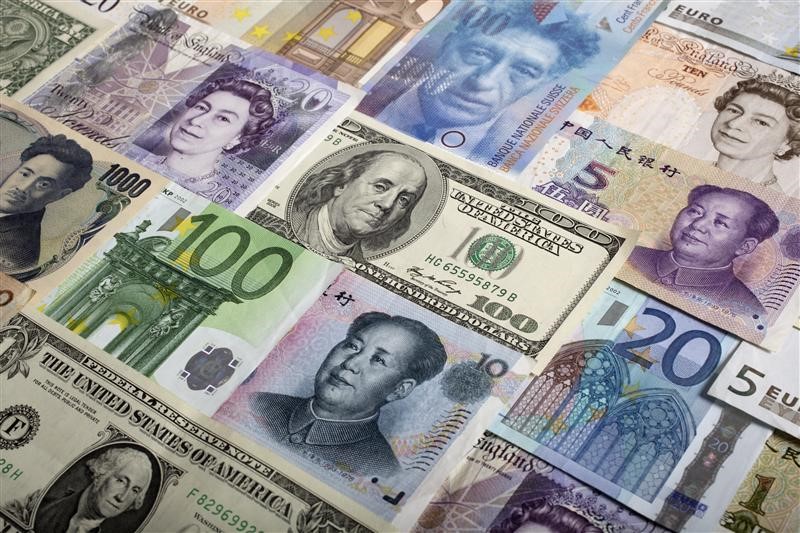Korean Won Poised for Rebound After Tumultuous 2024, UBS Analysts Suggest
The Korean won (KRW), after suffering its worst annual performance since the 2008 Global Financial Crisis, may be on the cusp of a significant recovery in 2025, according to analysts at UBS. The currency depreciated by 13% throughout 2024, with a staggering three-quarters of that decline concentrated in the final quarter. However, the new year has ushered in a period of relative stability for the won, marking it as one of the best-performing currencies year-to-date. UBS analysts believe this positive momentum is not a fleeting trend and anticipate further strengthening in the near term.
The won’s dramatic downturn in 2024 stemmed from a confluence of factors. The Korean stock market, the Kospi, significantly underperformed compared to its global counterparts, contributing to investor unease. Furthermore, the widening gap between South Korean and United States 10-year bond yields, reaching its largest spread in two decades, exerted downward pressure on the currency. A sluggish manufacturing sector coupled with declining exports exacerbated the situation. Adding to these economic headwinds were continuous outflows of resident capital and domestic political uncertainties that further destabilized the won.
However, the narrative surrounding the Korean won appears to be shifting. UBS analysts highlight several key developments that support their optimistic outlook. Crucially, the National Pension Service (NPS), a significant player in the Korean financial landscape, has reportedly ramped up its foreign exchange hedging activities. This strategic move, combined with a slowdown in outbound investments, could inject a substantial $50 billion annually into Korea’s balance of payments. This influx of capital, coupled with an already robust basic balance at 4.5% of GDP, creates a favorable environment for the won, potentially leading to a 5% appreciation.
Furthermore, the Kospi index, a key indicator of South Korea’s economic health, is showing promising signs of recovery after a period of undervaluation. This resurgence in the stock market could attract foreign investment and bolster confidence in the Korean economy, indirectly supporting the won’s recovery. Simultaneously, the domestic political landscape appears to be stabilizing, removing another source of uncertainty that previously weighed on the currency.
While UBS acknowledges the challenges the Korean economy faces in the medium to long term, analysts maintain a positive outlook for the won in the near term. They believe the currency has the potential to claw back some of the losses incurred during the tumultuous period of 2024, as the risk premium associated with investing in Korea diminishes. The combination of improved economic indicators, strategic interventions by key institutions like the NPS, and a more stable political environment suggests that the won’s recent positive trajectory may be sustainable.
The resurgence of the Korean won underscores the dynamic nature of global currency markets and the interplay of various economic and political factors. While the currency faced significant headwinds in 2024, the current positive momentum, driven by a combination of internal and external factors, suggests a potential turning point for the won in 2025. However, the long-term outlook remains subject to global economic conditions and the evolution of domestic policies. While UBS analysts express cautious optimism, the future performance of the won will require continuous monitoring and assessment.


